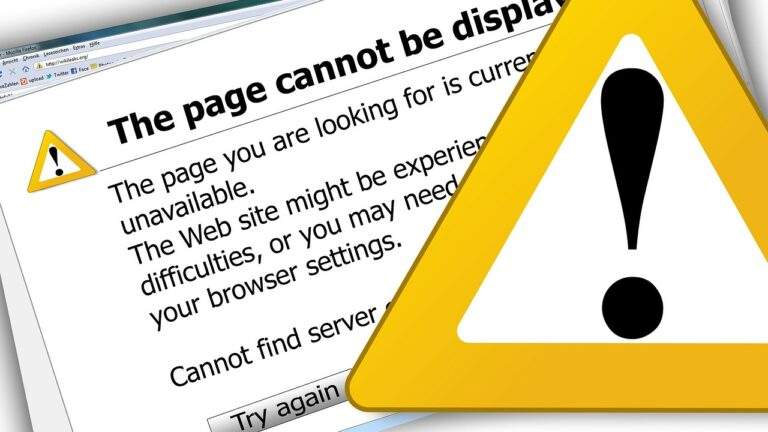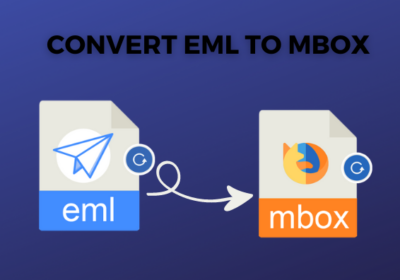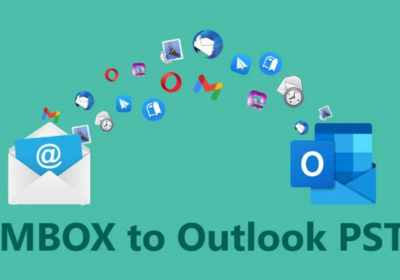
7 IT Security Tips That Every Business Must Take

Online security threats are a very serious concern for small businesses. According to the Verizon Communications 2013 Data Breach Investigations Report, 62% of cyberattacks are coordinated against small businesses.
Unfortunately, too many small businesses are complacent about these risks. Some of these issues are briefly discussed in this post. You need to take the following precautions to protect your business from a cyberattack.
1. Train Employees on Cybersecurity
Your employees are your first line of defense against a cyberattack. They need to be educated on the risks and how to guard against them. You can opt for Cyber security program for all the employees as well as you need to warn them about:
- The dangers of downloading programs without the right security certificates
- Require them to choose strict passwords
- Establish clear security guidelines that are regularly updated and enforced
Cybersecurity training shouldn’t be restricted to staff that works primarily on computers. Almost all employees will probably need to access a computer to do their job.
Higher-level employees shouldn’t be exempt from this training. Negligent executives are responsible for about 43% of all security breaches.
2. Use Secure Wi-Fi
You should make sure all of your Wi-Fi networks are secured. Even the most amateur hacker can find a way to steal information over an insecure network.
Trending
There are a number of ways that hackers can spoof data from open networks. Firesheep was a tool that came out in 2014, which has since been taken offline. However, other programs allow hackers to steal data just as easily.
You also need to make sure your employees recognize the network name. Hackers can easily create a hotspot with a similar name to your secure network and try to dupe unwitting employees into logging on.
3. Use the Best Firewalls
Firewalls are one of your best lines of defense against hackers. They prevent anyone outside the network from accessing your resources.
However, you need to make sure that you choose a firewall that has a reputation for doing its job. It’s important to check reviews regularly because some experts find that firewalls like Cisco ASA are drastically better than many of their competitors.
4. Regularly Backup Data
You should regularly back up your data because it can be corrupted or destroyed if your network is ever compromised. There are a number of cloud services that you can use to store copies of sensitive data.
However, you shouldn’t advertise that data is stored on the cloud, because cloud servers are typically not as secure. Avoid having any references to your cloud provider on any other part of your network.
5. Screen for Rogue Employees
Negligent employees pose a major risk to your organization, but other employees are actually behind many cyberattacks. According to the IBM 2015 Cyber Security Intelligence Index, 55% of all cyberattacks are carried out by rogue insiders.
You need to screen and monitor your employees regularly to make sure they are abiding by company policies and respecting company resources. You can’t afford to give any of them unconditional trust when so much is at stake.
6. Limit Access to Digital Resources
Screening your employees to weed out bad apples is important, but it isn’t enough. You also have to worry about honest but incompetent employees mishandling sensitive information. Unwitting employees can unintentionally remove malware protection software or inadvertently make other changes that compromise security.
You can reduce this risk by limiting access to organizational resources. You should set user permissions as strictly as possible. Only admins and employees that absolutely need to access resources should be given the permissions to do so.
7. Set Strong Passwords
According to a survey from TeleSign, 40% of people have had their passwords hacked in the past year. There are a number of mistakes that people make that lead to this problem:
- People share their passwords with coworkers
- Passwords are too short (the recommended length is at least eight characters)
- Users don’t include special characters
- They use words that can be found in the dictionary, as opposed to names and random strings of characters
- They use passwords that are too long to remember
You need to be careful with your passwords. You can significantly reduce the risk by avoiding the mistakes listed above.















